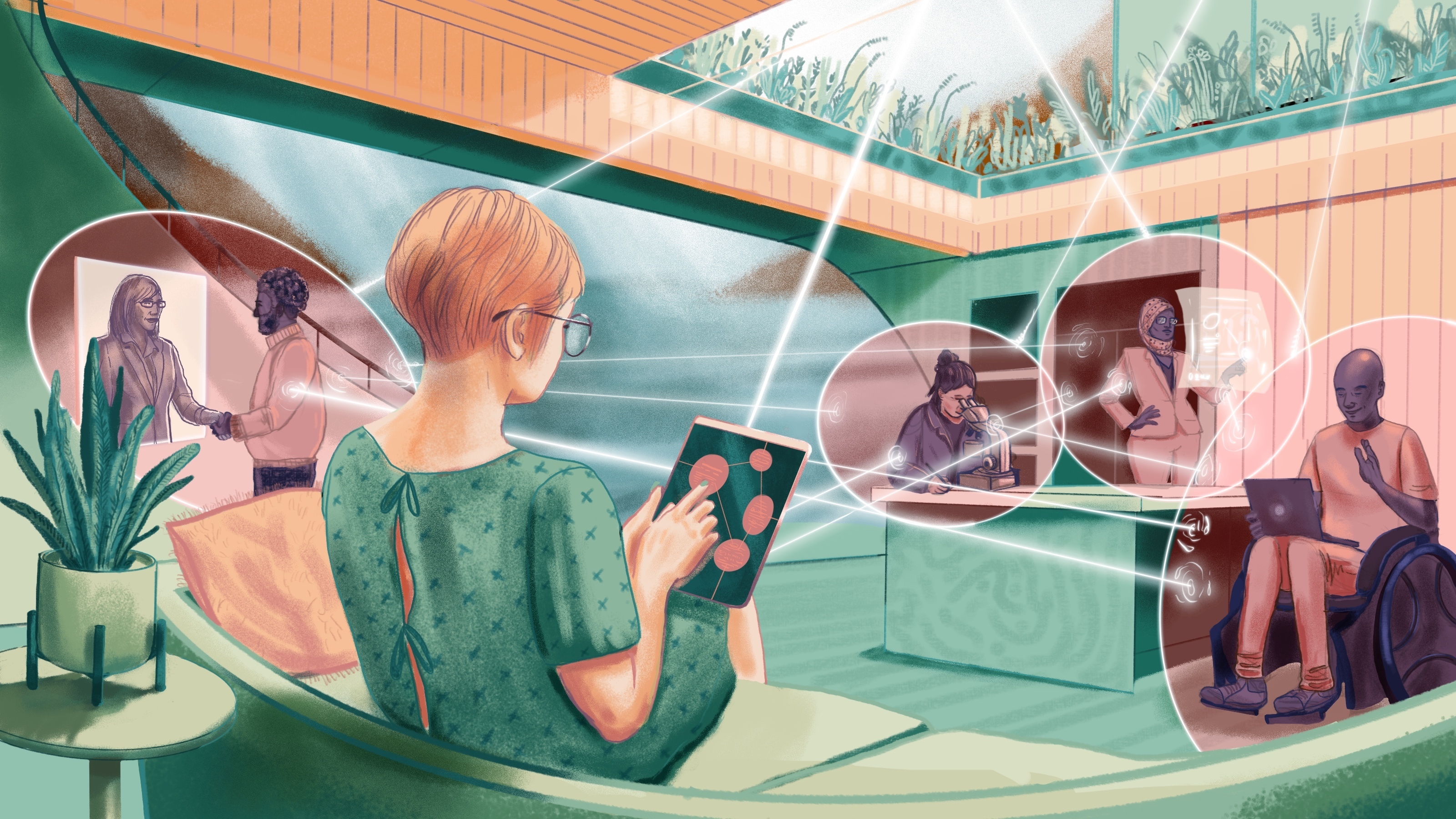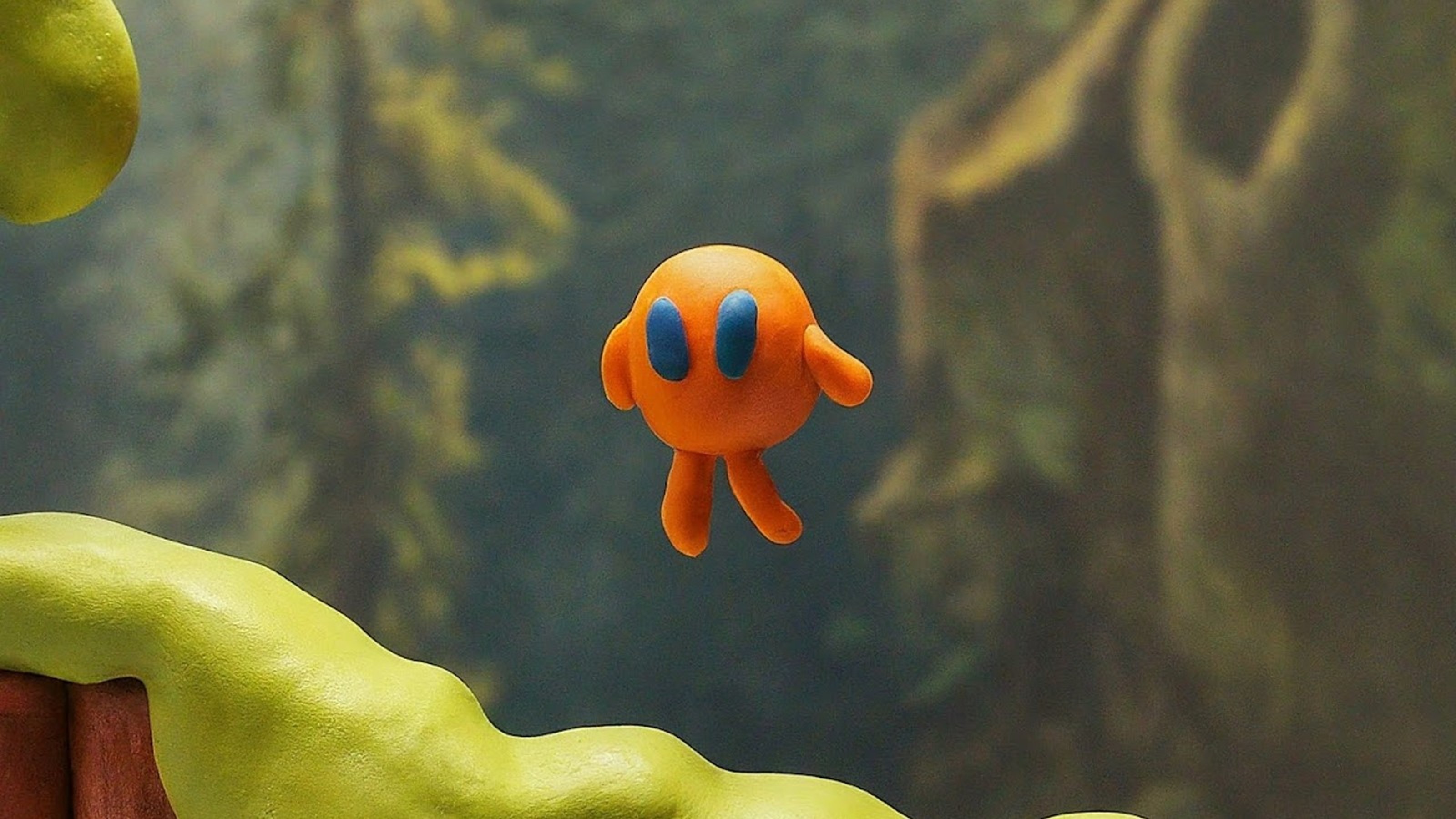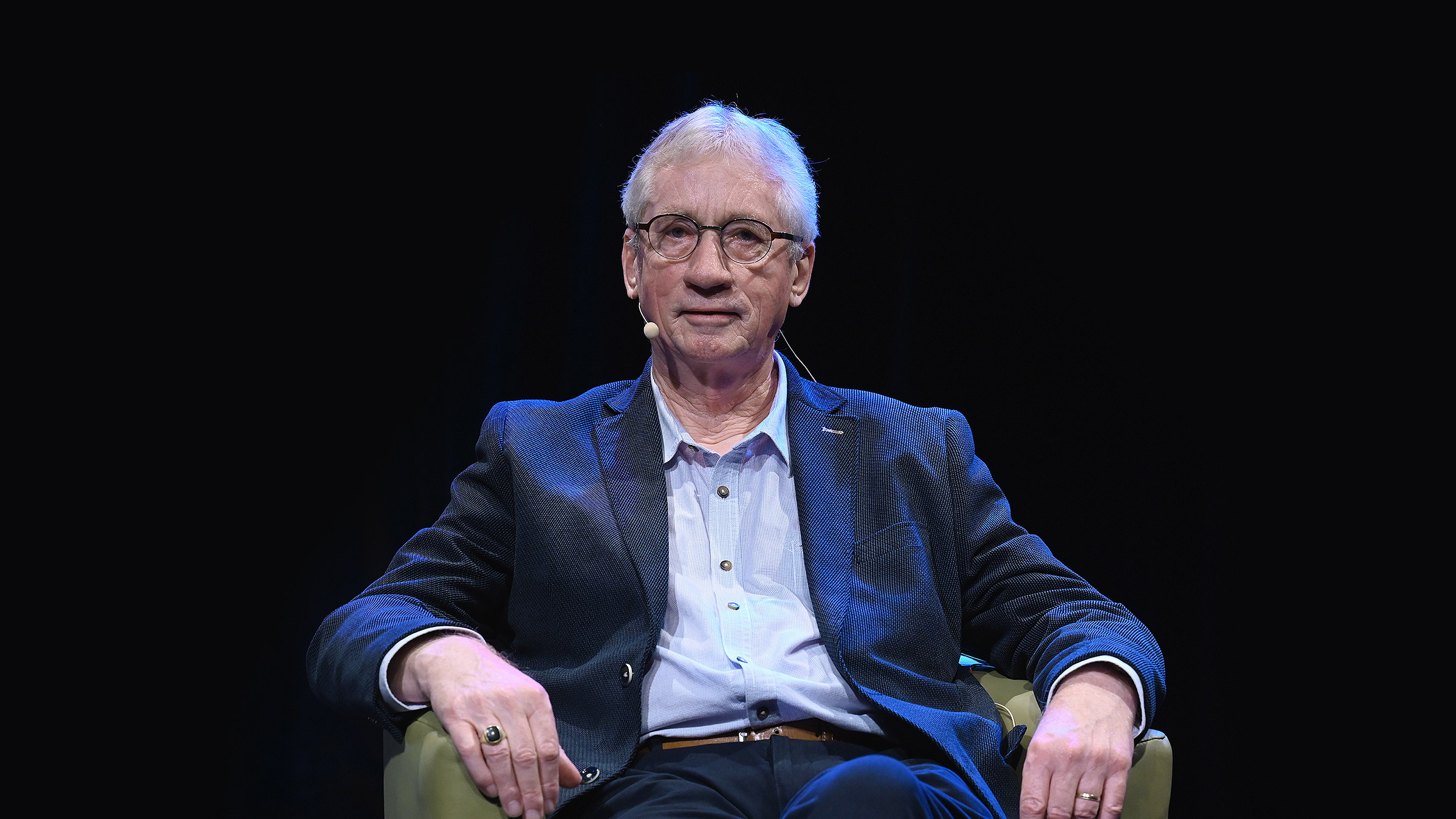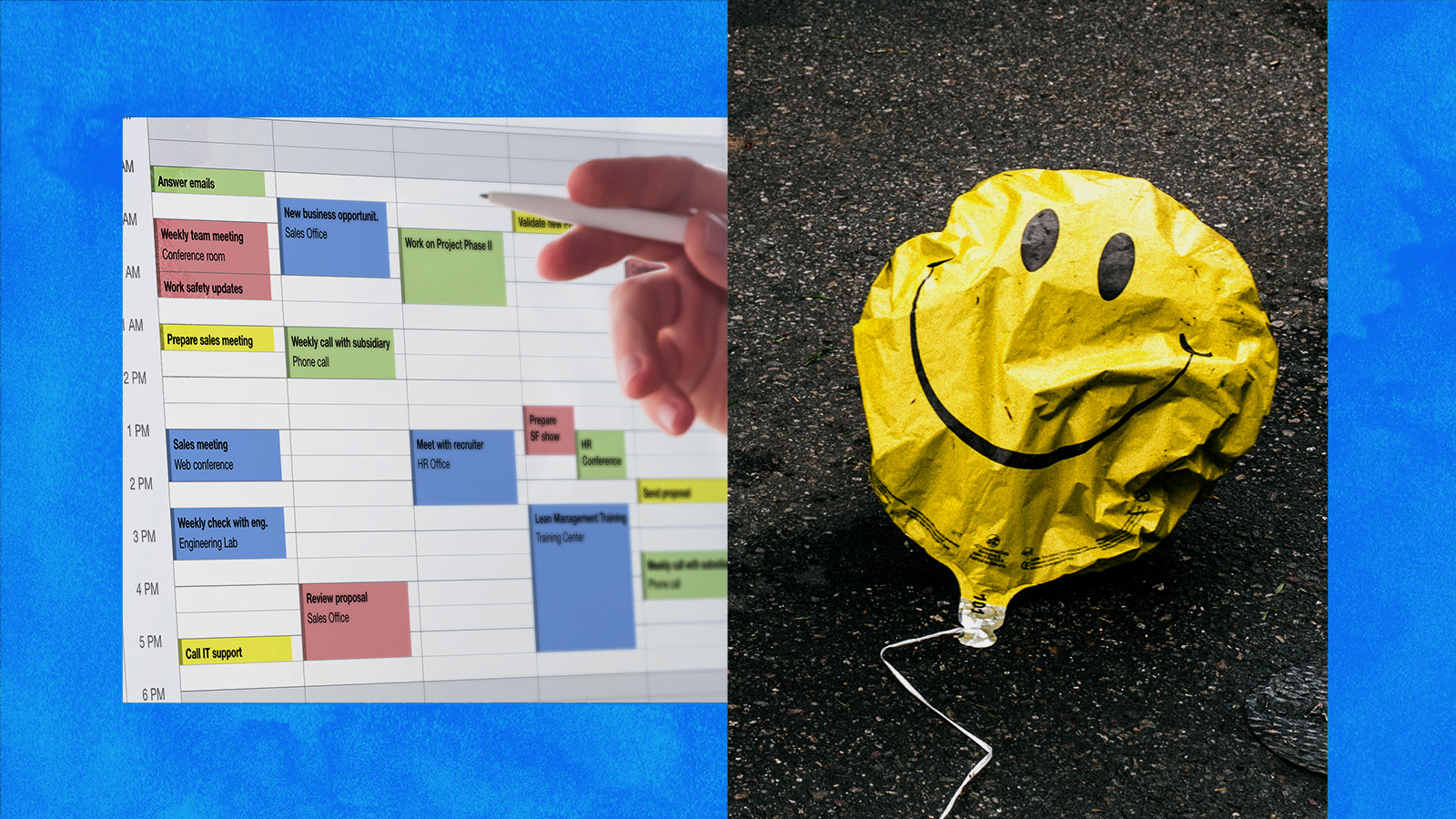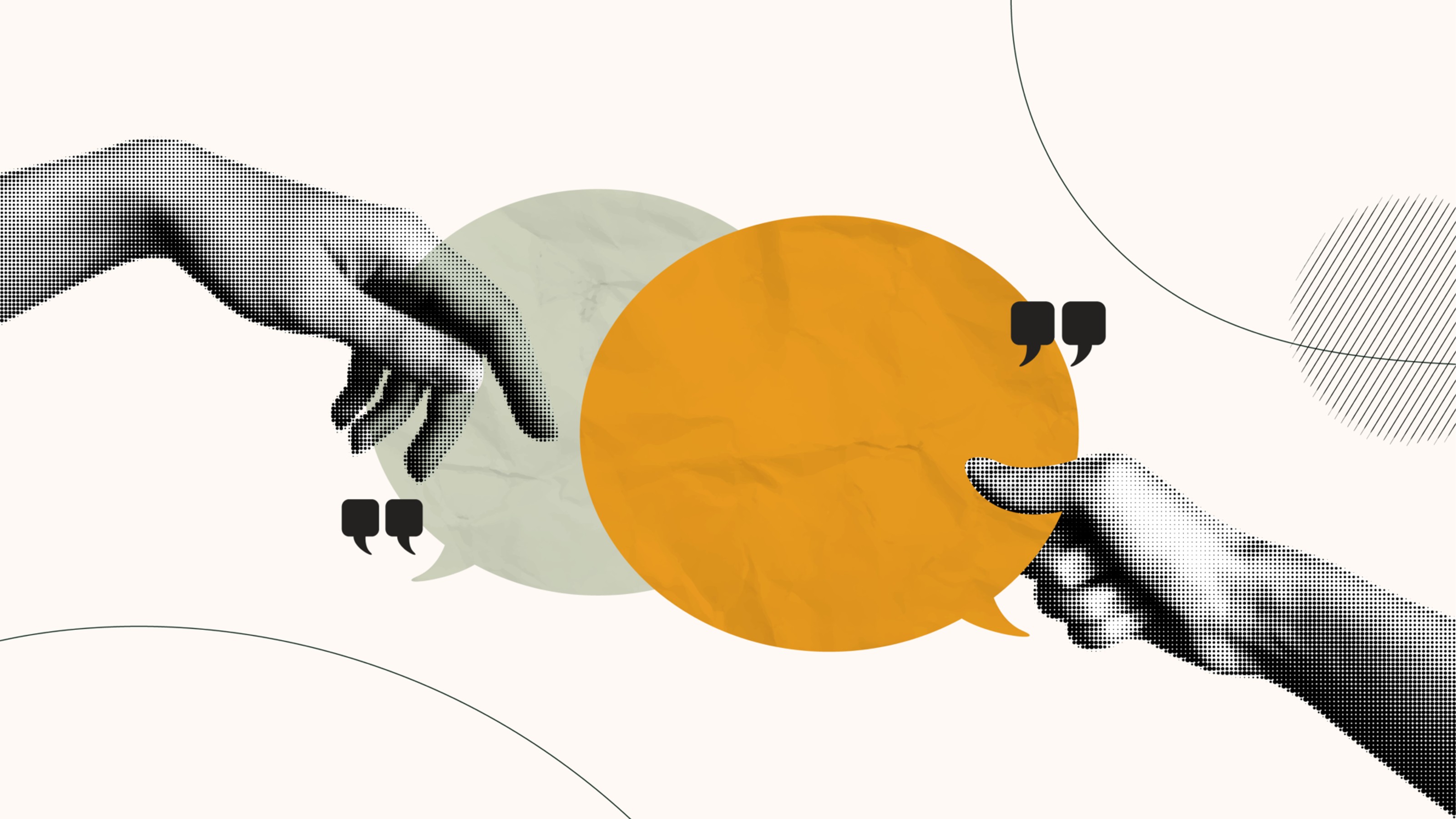Kevin Dickinson
Kevin Dickinson is a staff writer and columnist at Big Think. His writing focuses on the intersection between education, psychology, business, and science. He holds a master’s in English and writing, and his articles have appeared in Agenda, RealClearScience, and the Washington Post. Follow him on LinkedIn and Twitter @KevinRDickinson.

Have you ever noticed how many things you interact with but can’t name? So did we.
Executive coach Jodi Wellman explains how to “make it to the end with no regrets.”
Our desire for recognition at work can lead to perilous ends.
While weltschmerz — literally “world-pain” — may be unpleasant, it can also spur us to change things for the better.
If words are really only 7% of communication, then why would anyone need to learn a foreign language?
Taking the floor is all about connecting authentically with your audience. Here’s how.
Finally, an AI that can drive a digital car as a goat.
Admitting that we know little about our future selves can radically improve our decision-making.
Psychologist Mary C. Murphy explains why growth-mindset teams outperform those centered around a lone genius.
A physicist, a psychologist, and a philosopher walk into a bar and discuss a framework for thinking better in the 21st century.
Susannah Fox, former chief technology officer for the HHS, explains how technology has empowered us to help fill in the cracks of the healthcare system.
According to Harvard career advisor Gorick Ng, this time-saving system can help us reclaim our work-life sanity.
Google’s “Genie” could be used to create a wide range of interactive environments for more than just games.
Perrikaryal uses an EEG to translate her brain activity into beating bosses in “Elden Ring” and beyond.
His career helped define humanity’s place in the world by bringing us “a little closer” to our ape relatives.
Memories aren’t mental recordings, but pliable information we can use to better manage the present and conjure future possibilities.
Alli Webb, co-founder of Drybar, has a message for up-and-coming leaders: Embrace the mess!
Bertrand Russell shows us how to recognize emotional arguments smuggled into presumed statements of fact.
Its creators hope the technology will help people meaningfully connect with the external world.
We can’t always change our horrible bosses — but we can transform the ways we interact with them.
Defy conventional startup wisdom by charting a steady and impactful path to success.
From AI to health and the metaverse, this year’s CES promised new tech that will change lives long after the excitement of the latest TV wears off.
Psychologist Noel Brick shares the mental techniques we can use to improve our performance on and off the field.
BMW found it’s possible to remote-drive vehicles using available technology. All it takes is some software updates and a cellular network connection.
HaptX gloves provide high-fidelity touch feedback of virtual spaces (and they look cool, too).
Organizational scientist Steven Rogelberg discusses the common meeting mistakes leaders make and how they can change course.
Actor and science communicator Alan Alda shares his three rules of three for effective and empathic communication.
Many conversations start awkwardly and derail from there, but a few simple techniques can put them back on track.
Frontier, the ORNL supercomputer, used machine learning to perform 9.95 quintillion calculations per second.
Former spacewalker Mike Massimino tells Big Think how NASA missions shaped great leaders.










